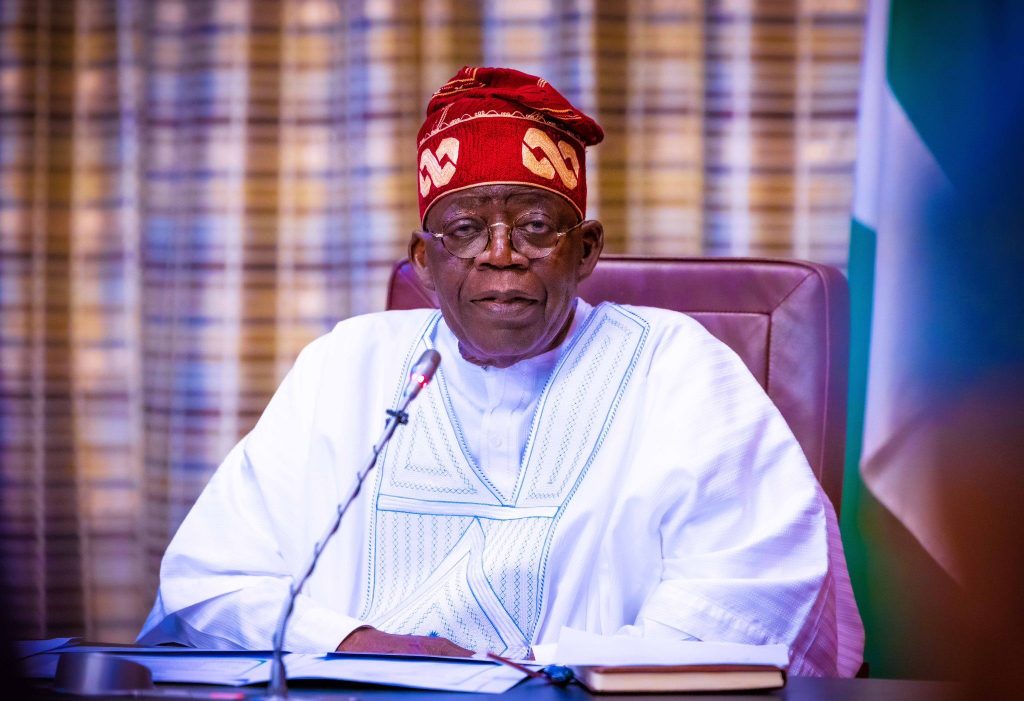
Nigerian’s president is currently facing a huge backlash over threat to use military force to reverse the coup in neighboring Niger republic.
The upper chamber of the Parliament- The Nigerian senate is said to have opposed the military intervention.
Recently,, there has been a countrywide condemnation due to a possibility of the situation resulting into war between the two countries if their is an interference from Nigeria.
The west Africa Regional bloc ECOWAS had set a deadline for the junta t cede power or face possible military action.
Although the Junta has defiled the ultimatum and ECOWAS is yet to respond by sending troops. This came as a relief to many Nigerians who prefer diplomatic resolution to crisis.
Mr Tinubu happens to be the current chairman of ECOWAS with Nigeria as its most influential member, thus making him take decision on the crisis in Niger without considering the adverse effect it will have to neighboring countries like Nigeria and This decision has not got down well with citizens of Nigeria.
There are states in Nigeria who shares the more than 1,500km long border with Niger.
Many Nigerians are appalled that electricity to Niger was cut off on President Tinubu’s orders causing a black out in Niger’s capital Niamey and other cities.
According to a Local media report, This is a violation of a treaty that existed which enables Nigeria to build a dam on the River Niger.
Nigeria and Niger share strong ethnic, economic and cultural ties and any military intervention against Niger would affect northern Nigeria, already facing serious security challenges of its own.
An influential group of Muslim clerics in northern Nigeria said Mr Tinubu must not “rush into an avoidable conflict with a neighbour at the behest of global politicking”.
The military juntas in Mali and Burkina Faso have vowed to come to the defence of Niger’s coup leaders if Ecowas does use force, raising the prospect of a major regional conflict.
“Ecowas goofed, the Nigerian president also goofed,” said Prof Khalifa Dikwa, an academic at the University of Maiduguri and a member of an influential group of elders in northern Nigeria
Nigeria’s constitution states that the president cannot deploy troops without the approval of the National Assembly – made up of both the upper and lower chambers of parliament.
It is unclear whether Mr Tinubu will get its support, given the opposition he is facing.




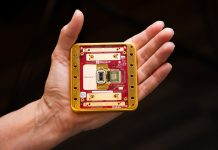







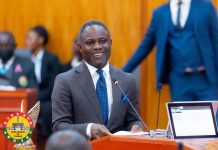

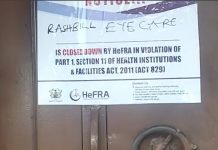
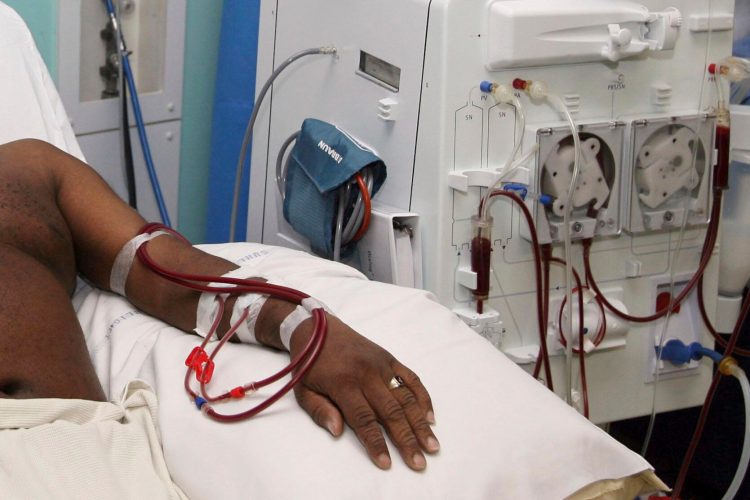
















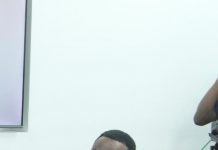

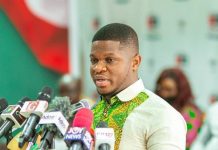
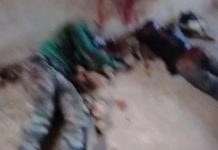
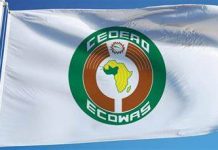
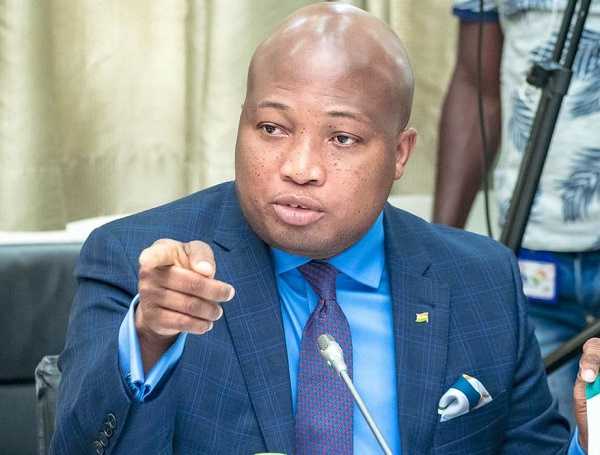
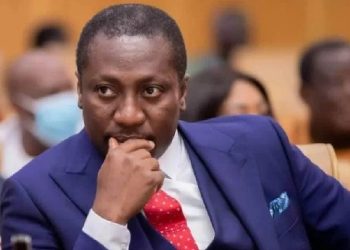

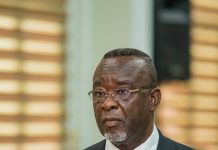









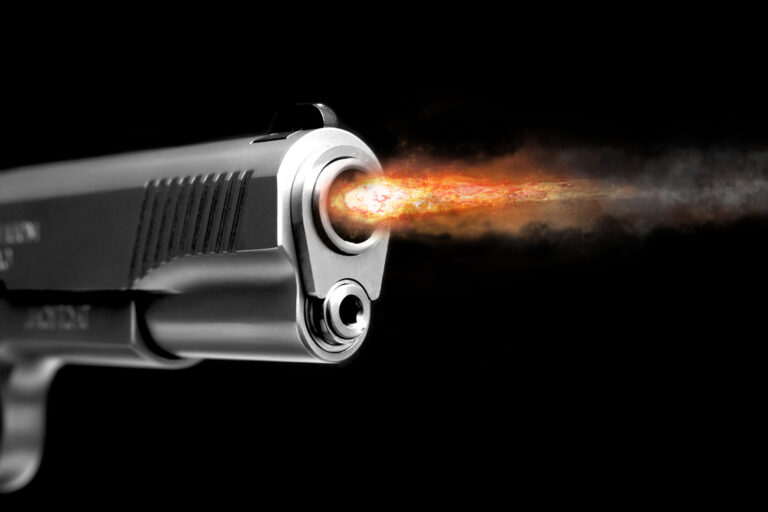
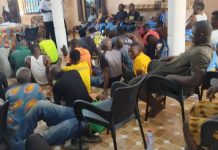
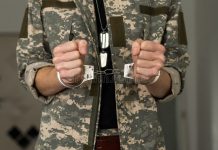


![[FREE FREE MONEY] Predict and Win a Guaranteed GH¢200 From Us EVERY WEEK](https://wordpress.ghanatalksradio.com/wp-content/uploads/2022/02/Predict-and-Win-Final-09-03-2021-218x150.jpg)
![[Predict & Win – 8th/Oct.] WIN A Guaranteed ¢200 From Us This Week](https://wordpress.ghanatalksradio.com/wp-content/uploads/2021/10/maxresdefault-16-218x150.jpg)
![[Predict & Win – 2nd] WIN A Guaranteed ¢200 From Us This Week](https://wordpress.ghanatalksradio.com/wp-content/uploads/2021/09/maxresdefault-50-218x150.jpg)
![[Predict & Win – 25th] WIN A Guaranteed ¢200 From Us This Week](https://wordpress.ghanatalksradio.com/wp-content/uploads/2021/09/maxresdefault-36-218x150.jpg)
![[Predict & Win – 18th] WIN A Guaranteed ¢200 From Us This Week](https://wordpress.ghanatalksradio.com/wp-content/uploads/2021/09/maxresdefault-23-218x150.jpg)
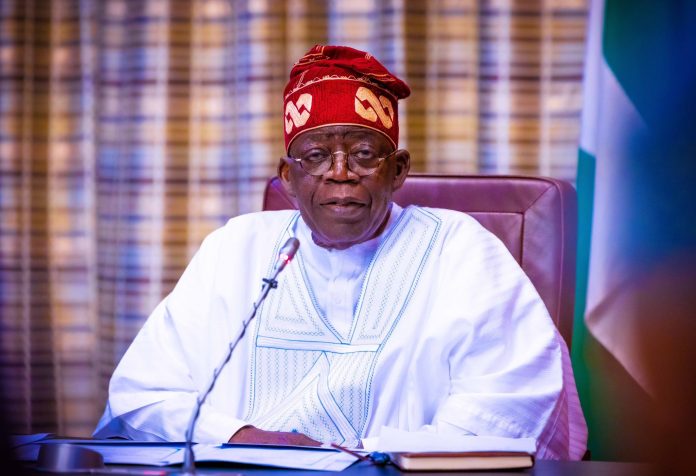









![[National cathedral] See full list of churches that have contributed since 2018](https://wordpress.ghanatalksradio.com/wp-content/uploads/2020/09/Ghana-National-Cathedral-GhanaTalksRadio-100x70.jpg)



![[Sudan war] UK urges nationals in Sudan to move now as end of ceasefire nears](https://wordpress.ghanatalksradio.com/wp-content/uploads/2023/04/PR7Q7O2Z3VIHBKNF44NMUJLOHE-100x70.jpg)